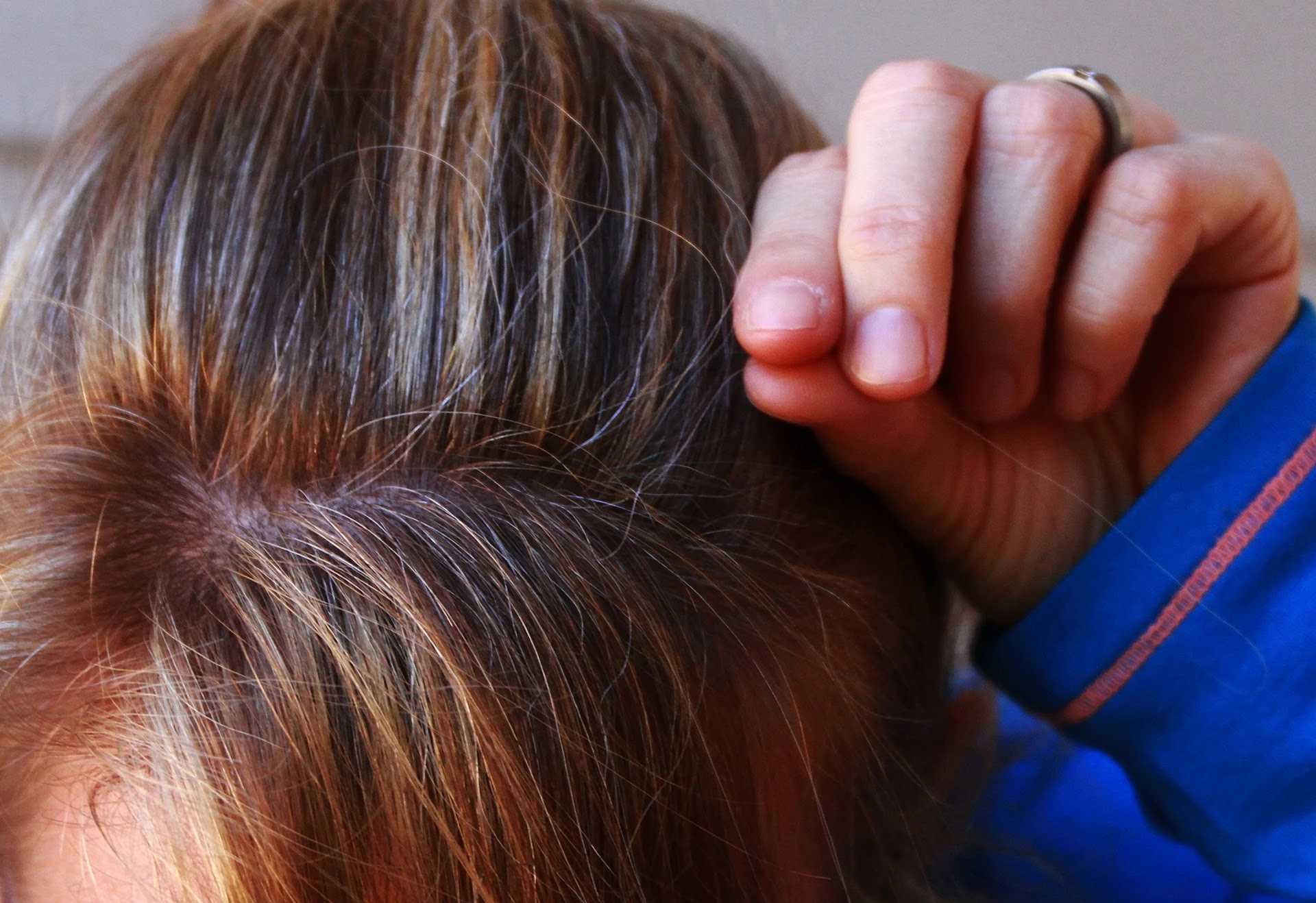
Stress can turn hair grey ― but it might be reversible; a new study finds
Stress has many negative effects on the body. It has long been said that stress causes premature greying of the hair. However, until now, that link had not been scientifically proven.
A study conducted by Columbia University Vagelos College of Physicians and Surgeons researchers provided the most robust evidence of this phenomenon to date in hair from around a dozen people of various ages, ethnicities, and genders in a study published in eLife. It also correlates graying and reversal patterns with stressful periods, implying that this aging-related process is closely linked to our psychological well-being.
According to study co-author Ralf Paus, a dermatologist at the University of Miami, the findings suggest “that there is a window of opportunity during which graying is probably much more reversible than had been thought for a long time.”
Melanocytes, which produce the pigment melanin, are responsible for hair color. Melanocyte stem cells, which live within the hair follicle at the base of the hair strand, produce new melanocytes. These stem cells gradually disappear as we age. Hair that regrows from melanocyte stem cell-depleted hair follicles has less pigment and appears gray.
The researchers analyzed individual hairs from 14 volunteers. A group of 14 people kept a "stress diary" in which they rated their stress level each week. This was then compared to the color data from their hair by the researchers. The researchers discovered a strong link between stressful periods and hair greying.
This analysis revealed that periods of significant stress or relaxation were associated with graying or reversal. Five strands of hair in one person, a 35-year-old man with auburn hair, underwent graying reversal during the same time period, which coincided with a two-week vacation.
Another subject, a 30-year-old woman with black hair, had one strand with a white segment corresponding to two months of marital separation and relocation—her most stressful period of the year.
The researchers also measured the levels of thousands of proteins in the hairs and how protein levels changed over each hair's length to understand better how stress causes gray hair.
When hair color changed, changes in 300 proteins occurred, and the researchers developed a mathematical model that suggests stress-induced changes in mitochondria may explain how stress turns hair gray.
A mice study published in 2020 suggested that stress-related greying was an irreversible process caused by the loss of stem cells in hair follicles. However, the researchers believe that the process must be different in humans.
"Our data show that greying is reversible in people, which implicates a different mechanism," said study co-author Prof Ralf Paus of the University of Miami Miller School of Medicine. "Mice have very different hair follicle biology, and this may be an instance where findings in mice don’t translate well to people."
According to the researchers, their findings suggest that stress can cause greying hair and that removing the stress factor can allow the hair to return to its natural color. But, don't get too excited; reducing stress in your life is a nice approach, but it will not necessarily revert your hair to its natural color. Aspects such as age, health, and genetics all impact the age at which hair begins to gray.
"Based on our mathematical modeling, we think hair needs to reach a threshold before it turns gray," says the study's senior author Martin Picard, Ph.D., associate professor of behavioral medicine at Columbia University Vagelos College of Physicians and Surgeons. "In middle age, when the hair is near that threshold because of biological age and other factors, stress will push it over the threshold and it transitions to gray."
Picards also added, "But we don't think that reducing stress in a 70-year-old who's been gray for years will darken their hair or increasing stress in a 10-year-old will be enough to tip their hair over the gray threshold."

0 Response to "Stress can turn hair grey ― but it might be reversible; a new study finds"
Post a Comment